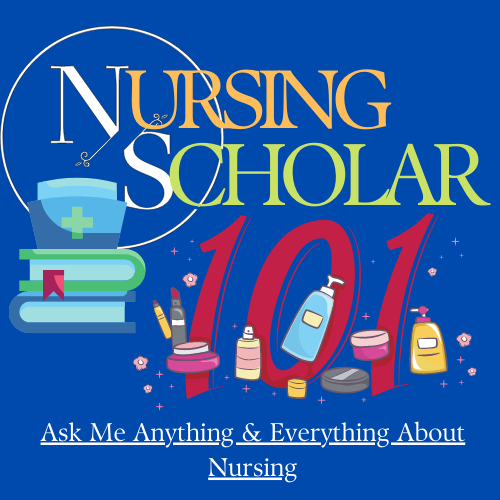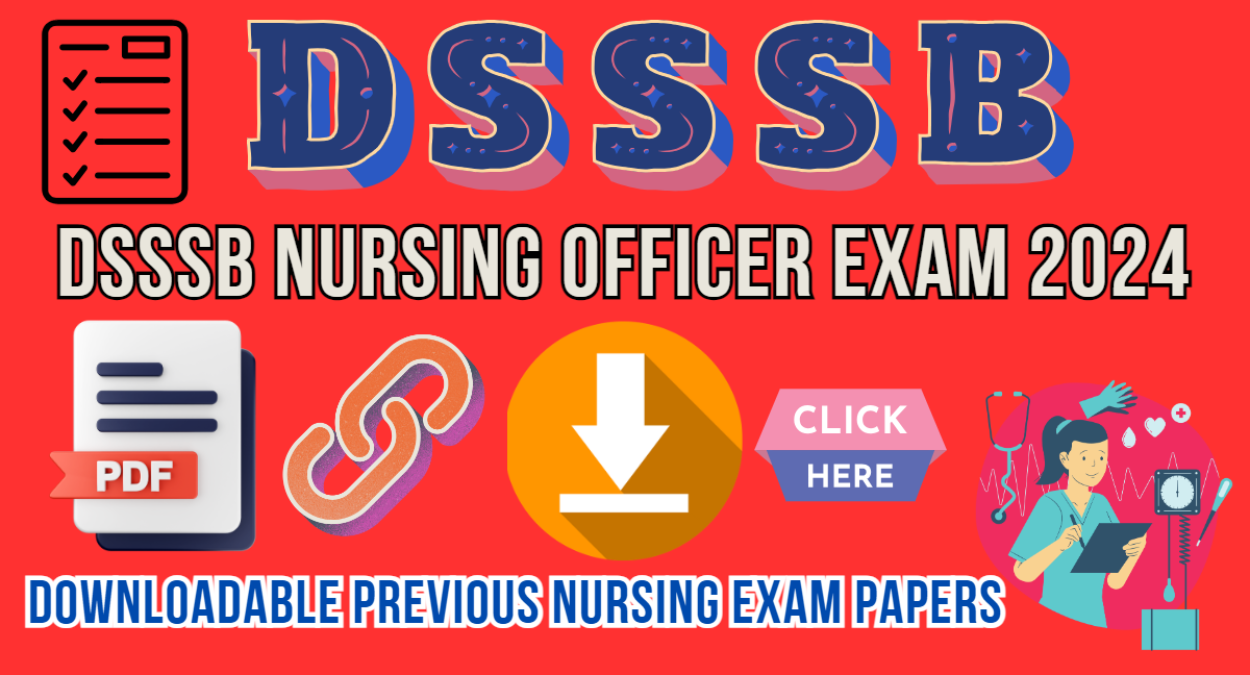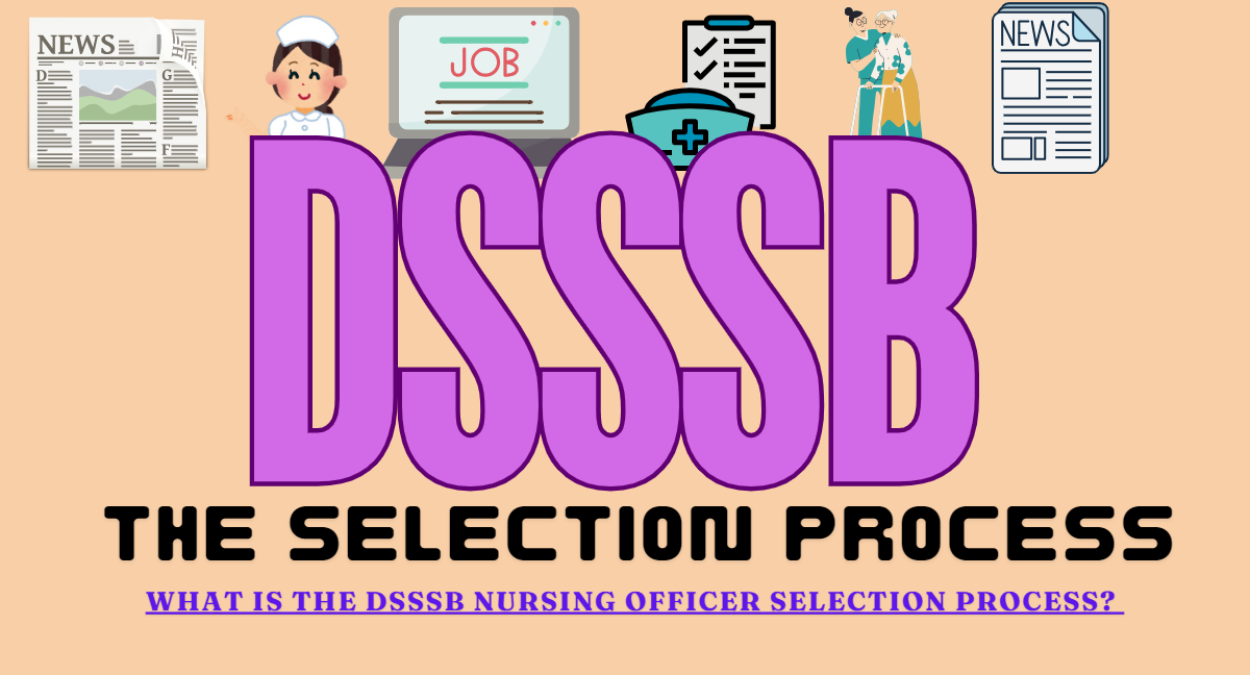Comprehensive Guide: The Role of Nurses in Various Healthcare Scenarios (Part 5)
Introduction: Nurses play a crucial role in providing quality healthcare across a wide range of specialties and healthcare settings. In this comprehensive guide, we will explore the responsibilities and skills required of nurses in managing diverse patient populations and addressing complex healthcare needs. From infection prevention and control to pain management, ethical decision-making, and disaster response, nurses are at the forefront of delivering compassionate and evidence-based care. Let’s delve into the answers to a multitude of questions, supported by relevant references and resources.

Comprehensive Guide: The Role of Nurses in Various Healthcare Scenarios (Part 5)
76. What is the role of a nurse in managing and preventing healthcare-associated infections?
Healthcare-associated infections (HAIs) pose significant risks to patients. Nurses play a pivotal role in preventing and managing HAIs through infection control practices. They implement strict hand hygiene protocols, monitor adherence to isolation precautions, promote a clean and sterile environment, and educate patients and healthcare providers on infection prevention measures.
The Centers for Disease Control and Prevention (CDC) provides comprehensive guidelines on preventing HAIs: https://www.cdc.gov/infectioncontrol/index.html
https://www.cdc.gov/infectioncontrol/index.html
77. How does a nurse assess and manage pain in patients with substance abuse disorders?
Patients with substance abuse disorders may have complex pain management needs. Nurses conduct a comprehensive pain assessment, considering the patient’s history of substance abuse and potential interactions with pain medications. They collaborate with interdisciplinary teams to develop individualized pain management plans, incorporating non-pharmacological approaches, medication tapering strategies, and addiction counseling.
The Substance Abuse and Mental Health Services Administration (SAMHSA) offers resources on pain management for individuals with substance use disorders:

78. What are the key considerations in nursing care for individuals with disabilities?
Nurses provide specialized care for individuals with disabilities, considering their unique physical, cognitive, and emotional needs. They ensure accessibility, promote patient autonomy, and provide accommodations to facilitate effective communication and mobility.
The American Nurses Association (ANA) offers guidelines on providing care for individuals with disabilities: https://www.nursingworld.org/practice-policy/work-environment/health-safety/disability/
https://www.nursingworld.org/practice-policy/work-environment/health-safety/disability/
79. How does a nurse provide care to patients with hematological disorders?
Patients with hematological disorders require specialized nursing care. Nurses perform comprehensive assessments, monitor laboratory values, administer blood products or medications, and educate patients on self-care and symptom management.
The Oncology Nursing Society (ONS) provides resources on hematological disorders and nursing care: [https://www.ons.org/](https://www.ons.org/)
80. What are the principles of ethical decision-making in nursing practice?
Ethical decision-making is essential in nursing practice. Nurses adhere to ethical principles such as autonomy, beneficence, non-maleficence, and justice. They consider cultural, religious, and personal beliefs when making ethical decisions.
The American Nurses Association (ANA) provides a Code of Ethics for Nurses: [https://www.nursingworld.org/practice-policy/nursing-excellence/ethics/code-of-ethics-for-nurses/
https://www.nursingworld.org/practice-policy/nursing-excellence/ethics/code-of-ethics-for-nurses/
81. How does a nurse assess and manage pain in patients with communication barriers?
Patients with communication barriers require alternative pain assessment methods. Nurses use visual scales, gesture-based communication, or assistive technologies to assess pain. They collaborate with speech therapists or interpreters and involve family members or caregivers in pain management discussions.
The American Society for Pain Management Nursing (ASPMN) provides resources on pain assessment and management for patients with communication barriers: [https://www.aspmn.org/](https://www.aspmn.org/)

82. What is the role of a nurse in promoting sexual and reproductive health?
Nurses play a crucial role in promoting sexual and reproductive health. They provide comprehensive sexual education, offer reproductive health counseling, and advocate for access to contraception, prenatal care, and safe childbirth practices. The World Health Organization (WHO) provides guidelines on sexual and reproductive health: [https://www.who.int/ https://www.who.int/
83. How does a nurse provide care to patients with endocrine disorders?
Nurses care for patients with endocrine disorders by monitoring hormone levels, administering medications, educating patients on self-management, and promoting lifestyle modifications. They collaborate with endocrinologists and dietitians to optimize patient outcomes. The Endocrine Society offers resources on endocrine disorders and patient care: [https://www.endocrine.org/](https://www.endocrine.org/)
84. What are the key principles of interprofessional collaboration in healthcare?
Interprofessional collaboration is vital for delivering holistic care. Nurses collaborate with healthcare professionals from various disciplines, respect diverse perspectives, engage in effective communication, and work towards shared goals. The Interprofessional Education Collaborative (IPEC) provides resources on interprofessional collaboration: https://ipecollaborative.org/ https://ipecollaborative.org/
85. How does a nurse assess and manage pain in pediatric patients with special needs?
Pediatric patients with special needs require tailored pain assessment and management strategies. Nurses employ age-appropriate pain scales, observe behavioral cues, involve parents or caregivers, and collaborate with pediatric specialists to optimize pain management.
The American Academy of Pediatrics (AAP) provides resources on pain assessment and management in children with special needs: [https://www.aap.org/](https://www.aap.org/)
86. What is the role of a nurse in advocating for healthcare policy changes?
Nurses have a unique perspective on healthcare and play a vital role in advocating for policy changes that improve patient outcomes. They engage in legislative activities, participate in professional nursing organizations, and contribute to policy discussions to influence healthcare reform.
- The American Nurses Association (ANA) advocates for nursing and healthcare policy changes: https://www.nursingworld.org/
- https://www.nursingworld.org

87. How does a nurse provide care to patients with cardiovascular emergencies?
Nurses play a critical role in providing immediate care to patients experiencing cardiovascular emergencies. They perform rapid assessments, initiate life-saving interventions such as cardiopulmonary resuscitation (CPR), administer medications, and collaborate with the interdisciplinary team to stabilize patients.
- The American Heart Association (AHA) offers guidelines and resources on cardiovascular emergencies: https://www.heart.org/
- https://www.heart.org/
88. What are the principles of infection prevention and control in long-term care settings?
Infection prevention and control are essential in long-term care settings. Nurses implement strict infection control protocols, promote hand hygiene, oversee proper disinfection practices, and educate staff, residents, and families on infection prevention measures.
The Centers for Medicare & Medicaid Services (CMS) provides guidelines for infection prevention in long-term care facilities: [https://www.cms.gov/](https://www.cms.gov/)
89. How does a nurse promote health and well-being in the aging population?
Nurses play a vital role in promoting health and well-being among the aging population. They provide comprehensive geriatric assessments, promote healthy lifestyles, administer vaccinations, monitor chronic conditions, and facilitate access to community resources. The Gerontological Society of America (GSA) offers resources on aging and geriatric care: [https://www.geron.org/](https://www.geron.org/)
90. What is the role of a nurse in managing and preventing pressure injuries?
Nurses are at the forefront of managing and preventing pressure injuries. They conduct thorough skin assessments, implement pressure-relieving strategies, educate patients and caregivers on proper positioning and skincare, and collaborate with wound care specialists for advanced interventions.
The National Pressure Injury Advisory Panel (NPIAP) provides evidence-based guidelines on pressure injury prevention and management: [https://www.npiap.com/](https://www.npiap.com/)
91. How does a nurse assess and manage pain in patients receiving palliative care?
Nurses play a vital role in assessing and managing pain in patients receiving palliative care. They employ comprehensive pain assessments, develop personalized pain management plans, coordinate with palliative care teams, and integrate pharmacological and non-pharmacological interventions to enhance comfort and quality of life. The Hospice and Palliative Nurses Association (HPNA) offers resources on pain management in palliative care: https://advancingexpertcare.org/
https://advancingexpertcare.org/
92. What are the key components of a disaster response plan in nursing practice?
Nurses play an essential role in disaster preparedness and response. Key components of a disaster response plan include conducting risk assessments, developing communication strategies, organizing triage and patient care protocols, coordinating with emergency services, and ensuring the safety of staff and patients. The Federal Emergency Management Agency (FEMA) offers resources on disaster preparedness and response: https://www.fema.gov/
93. How does a nurse provide care to patients with neurological emergencies?
Nurses are instrumental in providing care to patients experiencing neurological emergencies. They assess neurological status, monitor vital signs, administer time-sensitive medications, implement seizure precautions, and collaborate with neurologists and other specialists to optimize patient outcomes.
The American Association of Neuroscience Nurses (AANN) offers resources on neurological emergencies and patient care: https://www.aann.org/
94. What are the principles of medication administration safety in pediatric nursing?
Medication administration safety is crucial in pediatric nursing. Nurses follow the “Five Rights” (right patient, right medication, right dose, right route, and right time) and employ age-appropriate dosage calculations, medication reconciliation processes, and proper documentation. The Institute for Safe Medication Practices (ISMP) provides guidelines and resources on medication safety in pediatrics: [https://www.ismp.org/](https://www.ismp.org/)
95. How does a nurse assess and manage pain in patients with psychiatric disorders?
Assessing and managing pain in patients with psychiatric disorders requires a specialized approach. Nurses utilize comprehensive assessments, employ validated pain scales, consider potential interactions between pain and psychiatric symptoms, and collaborate with psychiatric professionals to provide holistic pain management. The International Association for the Study of Pain (IASP) offers resources on pain assessment and management in psychiatric populations: https://www.iasp-pain.org/
96. What is the role of a nurse in health promotion and disease prevention among adolescents?
Nurses play a crucial role in promoting health and disease prevention among adolescents. They provide comprehensive health assessments, deliver education on healthy lifestyles, address risk behaviors, offer reproductive health counseling, and facilitate access to preventive services and vaccinations.
The American Academy of Pediatrics (AAP) provides resources on adolescent health promotion and disease prevention: [https://www.aap.org/](https://www.aap.org/)
97. How does a nurse provide care to patients with gastrointestinal emergencies?
Nurses provide essential care to patients experiencing gastrointestinal emergencies. They assess symptoms, monitor vital signs, administer medications, manage nasogastric tubes, and collaborate with gastroenterologists and surgeons to stabilize and treat patients. The Society of Gastroenterology Nurses and Associates (SGNA) offers resources on gastrointestinal emergencies and nursing care: [https://www.sgna.org/](https://www.sgna.org/)
98. What are the key principles of medication reconciliation in nursing practice?
Medication reconciliation is vital to ensure patient safety and continuity of care. Nurses review medication lists, compare them across transitions of care, identify discrepancies, communicate effectively with the healthcare team, and provide patient education on medication management. The Agency for Healthcare Research and Quality (AHRQ) offers resources on medication reconciliation in nursing practice: [https://www.ahrq.gov/](https://www.ahrq.gov/)
99. How does a nurse assess and manage pain in patients with limited mobility?
Assessing and managing pain in patients with limited mobility requires a comprehensive approach. Nurses employ observational assessments, utilize pain assessment tools, implement positioning techniques, provide assistive devices, and collaborate with physical therapists and pain management specialists to optimize pain relief.
The American Society for Pain Management Nursing (ASPMN) offers resources on pain assessment and management in patients with limited mobility: [https://www.aspmn.org/](https://www.aspmn.org/)
100. What is the role of a nurse in advocating?
Advocacy is an integral part of nursing practice. Nurses serve as patient advocates by promoting their rights, ensuring access to quality care, voicing concerns, and actively participating in healthcare decision-making processes. The American Nurses Association (ANA) provides resources on nursing advocacy: [https://www.nursingworld.org/](https://www.nursingworld.org/)
Please note that some of the links provided may require membership or registration to access certain resources.
Read More:
- Comprehensive Nursing Care: Addressing Diverse Patient Needs (Part 4)
- A Comprehensive Guide to Nursing Care: From Patient Documentation to Ethical Responsibilities- 20 Questions & Answers (Part 3)
- Comprehensive Insights into the Role of Nurses in Patient Care (Part 2)
- The Role of a Nurse in Healthcare: Providing Compassionate and Essential Care (Part 1)





